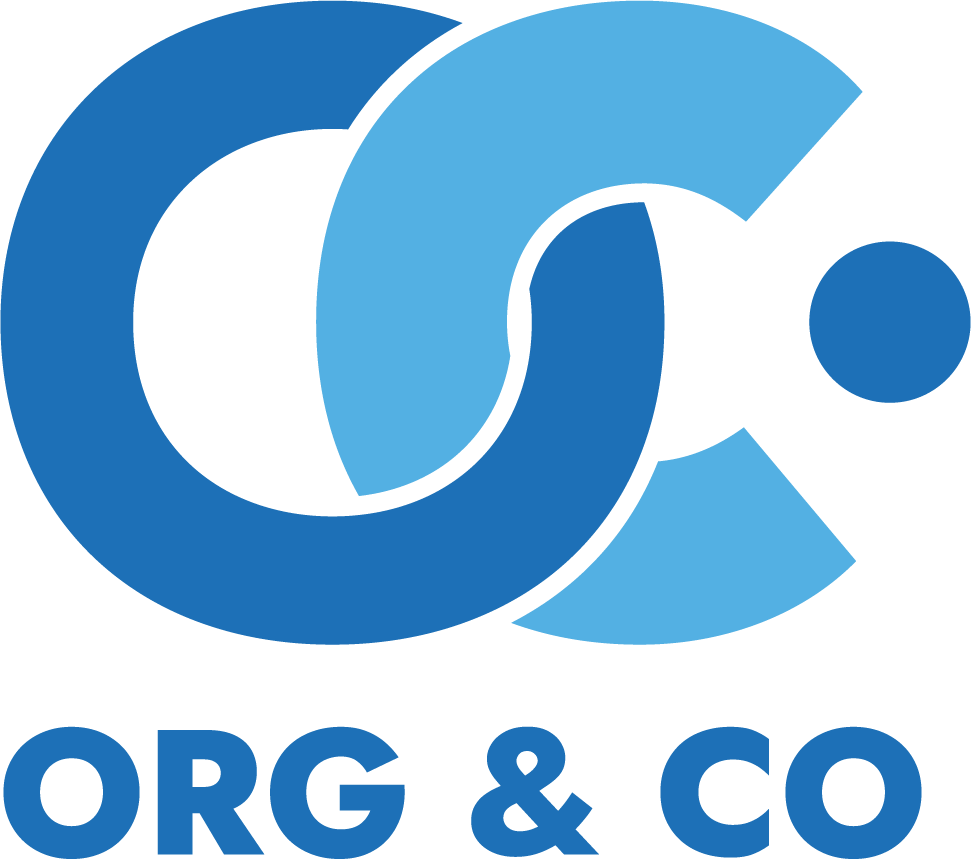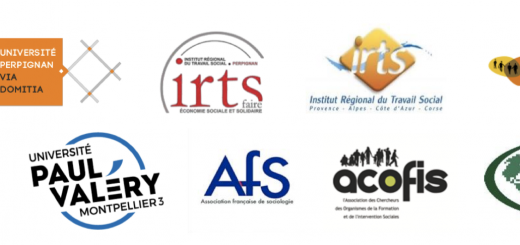[AAA] Anthropology and Social Movements Network Workshop
Themes : “Social Movements and Citizenship” and « E. Isin and Political Anthropology »
Citizenship, both from a theoretical and empirical point of view, has been the object of a varied if unequal treatment in anthropological research (Clarke et al., 2014). For instance, the topic of citizenship is more commonly referred to or analysed in English or Spanish language academic publications than in French language ones, especially for France (Neveu, 2009). Despite these disparities, there is nonetheless something common about the way the topic is being put to work.
When conducted under the umbrella of ‘citizenship’, a significative amount of the anthropological research rests on premises which derive from philosophical works, and a significant part on Engin Isin’s theory of “Acts of citizenship”. It could be said that Isin’s theory and its significative reception has set the paradigmatic line of thinking in the field of (political) anthropology of citizenship since, at least, the last decade.
It is worth noting that Isin suggests, among other things, that we should study not the “essence” of citizenship but what people designate under this term, and we strongly suggest including academics here (Isin, 2009: 367-8). Following Isin’s suggestion, we want to ask the following question: what can be called citizenship according to anthropologists’ work in which Isin’s philosophical premises about citizenship are being put to use?
It has to be recognised that little effort has been done from an anthropological perspective in order to open up the (philosophical) “tool box” with which citizenship (processes) is grasped. This might explain why it is not rare that the notion itself (citizenship) is used as if its signification was a “given”, as if it meant something in abstracto (whatever the language used, the context, etc.), and/or without rendering explicit who (authors, theories, etc.) we are discussing with when using it as an analytical tool. More often than not, “what is called citizenship” in anthropological discussions is not “defined”, or implicitly reduced to one of its Western versions or to a legal status.
The working hypothesis for this proposal is that many anthropologists interested by social movements, activism, “ordinary politicization” and micro-politics use Engin Isin’s notion of “acts of citizenship” and, in doing so, put to work its underlying normativities on which relies the theory’s conception of citizenship. Indeed, its very success should drive us to question more clearly the implicit normative approaches anthropologists have about citizenship, that makes them think they so much need the theory of “acts of citizenship” to make sense of the processes they study.
Official workshop languages: French and English
Submission guidelines
The call for papers is now open, and closes
on May 20th, 2023.
We invite engaged social anthropologists and similar disciplines into a critically constructive forum of in-person discussion. Please submit a 250-500 words abstract in French or English to Elena Apostoli Cappello (elena.apostolicappello@uniroma1.it) and Martin Roy (mroy.uottawa@gmail.com) by May 20th, 2023. Please, include your institutional affiliation and grading.
The Anthropology and Social Movement Network is pleased to hold this workshop in cooperation with the LAP – Laboratoire d’Anthropologie Politique, Ecole des Hautes Etudes en Sciences Sociales (EHESS) of Paris during 26-27 October 2023.
Assessment committee
- Catherine Neveu – Director of the Laboratoire d’anthropologie politique (LAP-EHESS/CNRS) and research supervisor at CNRS
- Elena Apostoli Cappello – Associated researcher at Laboratoire d’anthropologie politique (EHESS-CNRS) et researcher at La Sapienza – University of Rome
- Martin Roy – Junior researcher at Laboratoire d’anthropologie politique (EHESS-CNRS), PhD student at the EHESS and the University of Ottawa
Practical information
As you know, thanks to EASA’s financial support, we will be able to offer full or partial reimbursement of airfare expenses to some of you among the EASA members. So please let us know, along with your abstract, if you need this support and why.



